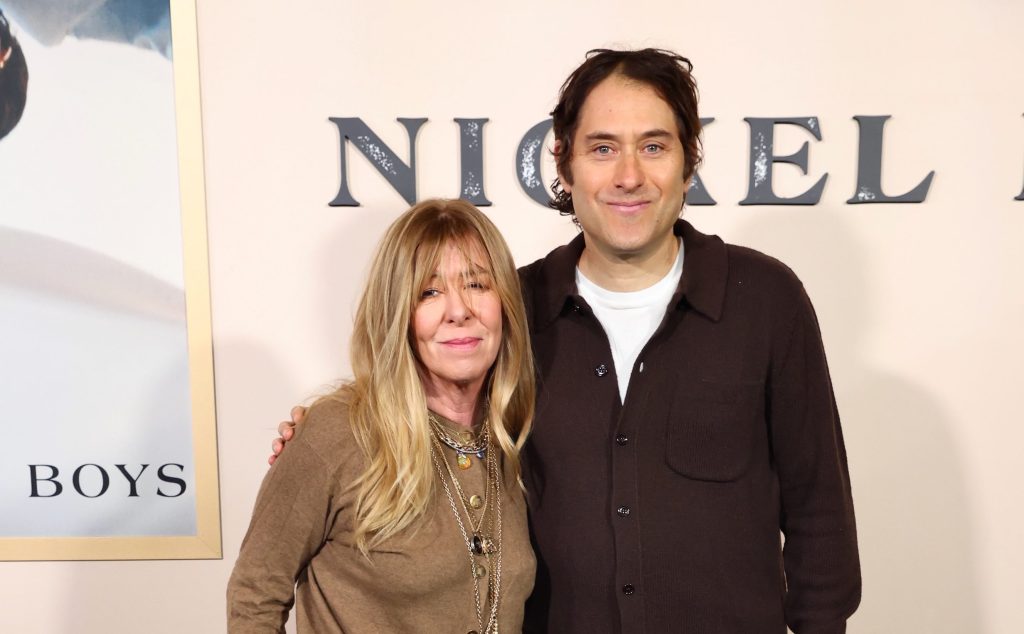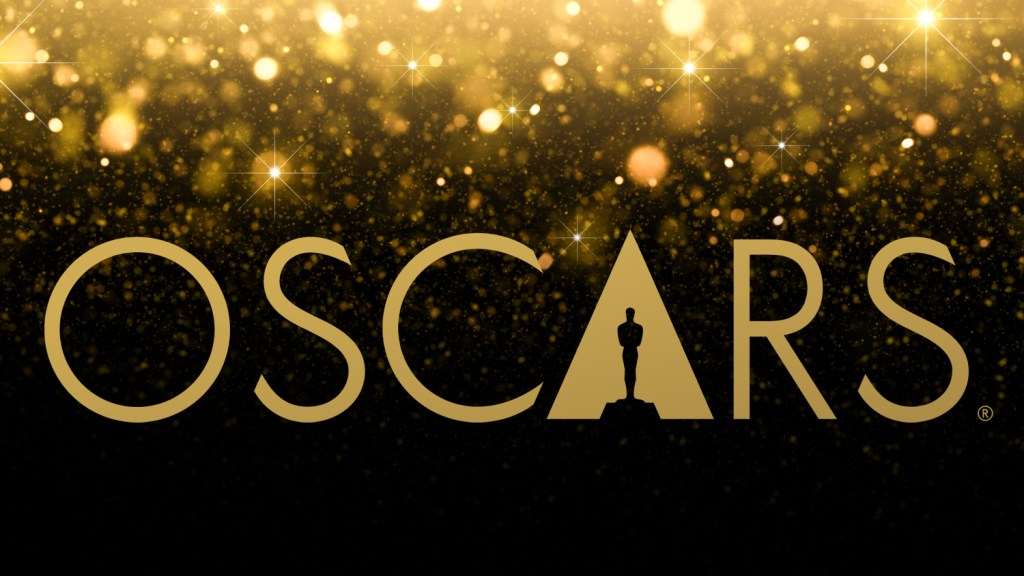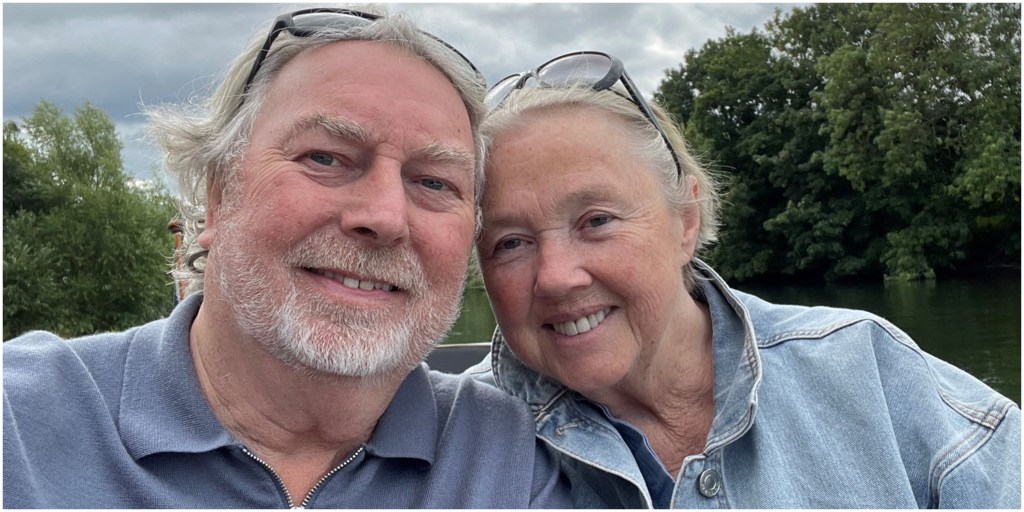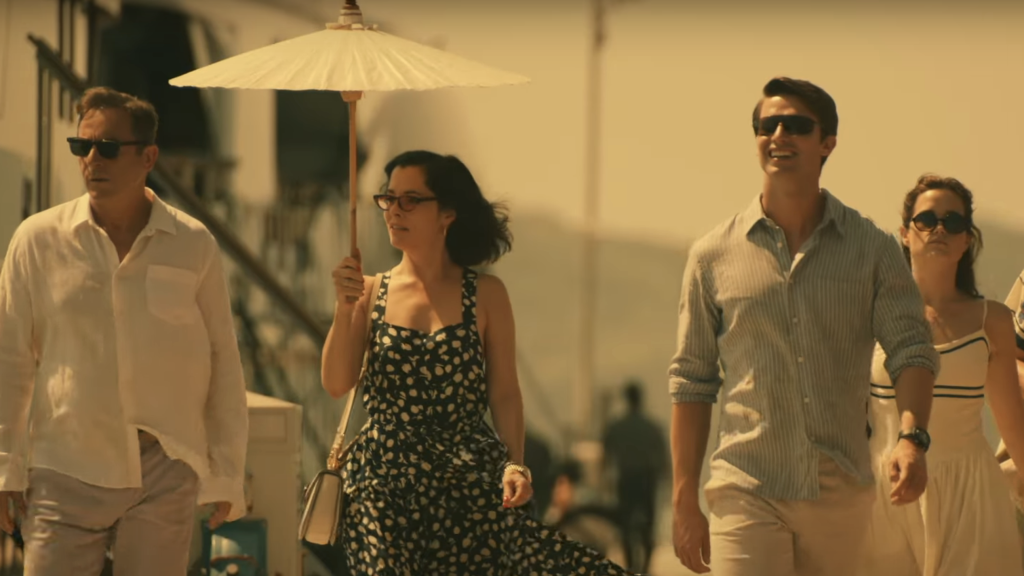In Nickel Boys, filmmaker and artist RaMell Ross has created one of the most surprising awards season movies for some years. His radical approach to form and content is unlike anything usually campaigned for and championed in the mainstream. However, the film is precisely the type of work we’ve come to expect from Dede Gardner and Jeremy Kleiner’s Plan B Entertainment.
The company, co-run by Brad Pitt, has been here before. There was Terrence Malik’s Palme d’Or-winning Tree of Life, which Ross has cited as an inspiration, Steve McQueen’s sprawling American epic 12 Years A Slave, and the quieter but no less impactful Moonlight from Barry Jenkins. The last two made industry-shifting gains when they clinched the Best Picture Oscar, and Nickel Boys has the chance to do the same in the Dolby on March 3 with a nom in the top category alongside Best Adapted Screenplay.
The film’s script is adapted from Colson Whitehead’s Pulitzer Prize-winning novel The Nickel Boys, from 2019, which tells the story of two Black boys, Elwood Curtis and Jack Turner, who are sent to a corrupt reform institution in rural northern Florida in the nineteen-sixties. The film is shot almost entirely from the perspective of the characters, a practice Ross and his DoP Jomo Fray have described as “sentient perspective.” The result is a wildly original experience that moves beyond mere adaptation and tables fresh questions about cinema’s ontology.
Kleiner and Gardner were first handed the novel by Whitehead, whose 2016 book The Underground Railroad they had previously adapted for TV with Barry Jenkins. They admired Ross’s first feature, Hale County This Morning, This Evening, and approached him with the material, hoping he would return with an “expansive” approach to the adaptation.
“We were counting on that,” Gardner tells me from a hotel room in London. “And we were ready to make the bet and give it a go.”
Ross wrote the Nickel Boys screenplay with Joslyn Barnes at Louverture, and the film debuted at Telluride before screening at NYFF and has won honors at the Gothams and DGAs. The film is one of Plan B’s first buzzy awards titles since it was acquired by Mediawan in late 2022.
Below, Gardner and Kleiner discuss why they decided to take a bet on Ross, how they worked with the filmmaker to create the film’s ambitious approach, and how they have created, along with Pitt, a political and artistic identity for Plan B. The duo also share an update on their upcoming summer tentpole F1, starring Pitt, Damson Idris, and Simone Ashley.
DEADLINE: Is it true Colson Whitehead handed you guys The Nickel Boys novel first before it was published?
JEREMY KLEINER: Yes. There had been a good vibe with the Underground Railroad, so we got a pre-publication copy. I will never forget the feeling I had when the twist in the novel hit me. I knew it would be unbelievable if we could somehow get that across in a movie. I never imagined it would be the way RaMell did it. But we wanted to take it on. It was initially Dede who was thinking expansively about the story insofar as if you created a straightforward linear rendering, it would sap the book of some of its power. We had already gravitated to RaMell’s other work. We had seen Hale County, and there were some things he had said previously in a speech he gave where he talked a lot about how there was a specific archive of African American life that had been missing from cinema. We were just intrigued by his initial thinking about what his films should be doing.
DEADLINE: So, at what point did RaMell and Joslyn come back to you and say this is how they wanted to approach the material? Was it at the screenplay stage?
DEDE GARDNER: No, it was before the screenplay. RaMell wrote us a long letter that set out his intentions. The letter contained a lot of philosophizing and articulated his intentions, but it was also a practical description of what he meant.
KLEINER: What’s remarkable is that when we went back through all the documents as we sometimes do, the spirit of the film was present in that early form. Everything was there, the archival material, The Defiant Ones. Even the last sequence that happens over the Mulatu Astatke song Tezeta. He always knew he was going to do it to that song. He had the idea in his mind. We love that song so much and knew it before he mentioned it. It was a signal of the environment in which he was going to lay all of these ideas out.
GARDNER: I remember reading the very first draft of the script. I felt completely altered by RaMell’s idea of removing inciting incidents from pivotal scenes. For instance, the scene where Elwood gets pulled over. There’s a cut after the cop approaches the car, and, in doing so, the film shifts audiences off the traditional track of how they’ve been taught to view every historical incident in their lives, from books to the classroom. It’s no longer about the inciting incident it’s about system, condition, and environment. I remember reading that and feeling my whole body seize up. I knew it would be life-altering and thought if we could do our jobs and get it onto the screen, it could become something applicable to how we go about our lives and receive information. I truly thought it could be revolutionary.
DEADLINE: I agree. I’ve been discussing the film a lot with friends and colleagues. We’ve been describing it as a real intervention…
KLEINER: We agree. It expands our idea of what’s possible. It’s also important to say we read the book and had known RaMell’s work, but Joslyn Barnes was amazing in those early days. Also, Alana Mayo and her production team at Orion. Adrienne Bowles and Jerry Rich. The physical production team. There were several stages during the making of this film where RaMell had to talk about the film, and there was a climate of encouragement. But he’s also a person that makes you believe in what he’s talking about. He just creates that confidence, and all those people deserve credit.
DEADLINE: On the flip side, I imagine working on a subversive film like this may complicate your work as producer?
GARDNER: No, not really. We were ready to make the bet and give it a go because you never know. It’s a complete toss-up. But once we knew this was the path we were embarking on, we had very similar conversations about things like casting that you would have on heist movies and thrillers. We worked a little on the edit, helping to find the balance. But these are all things we love to do. We were just doing it on a different canvas.
DEADLINE: You talk about making a bet. And that’s something that probably best describes the work you guys have done at Plan B. Everything from 12 Years to Moonlight and Adam McKay’s work. These are subversive, challenging films. No one else is daring to make them. Why do you?
KLEINER: There are many producers and directors who make a lot of really admirable, daring films that we admire. Brad has inculcated an ethos of approaching cinema with a longer life, which Dede and I already had seeds of in our respective practices.
GARDNER: One year, we had A Mighty Heart and Jesse James come out, neither of which more than 10 people went to see in the theater. I remember vividly at the end of that year, Brad said he couldn’t be prouder. I was so confused. You get trained to think your opening weekend and box office matters. You’re given this particular metric system. But what Brad continued to say was that throughout our lives we didn’t find our favorite, most informative movies in the movie theater. We found them in our basements and bedrooms, in museums and second-run theaters. He said all you have to believe in is the shelf life of a film, and to this day, Jesse James is one of the handful of movies where more filmmakers walk into our office and say, ‘Oh, my God, that movie.’ And really, nobody went to see that movie.
KLEINER: Also, what made RaMell trust us was that he knew that Dede and Brad had produced The Tree Of Life, so these movies are a form of communication with other artists in the future, or maybe other people in the future. I’m really proud that this year we were involved with Beetlejuice Beetlejuice and Bob Marley: One Love. We do a lot of different things. The common desire is that the work doesn’t become disposable or dated. What constitutes consequential can be different. Eat Pray Love, which Dede produced, is consequential in a different way. And there’s a lot to be said for that. But the fact that people feel that way about our work is extremely gratifying. It’s not an easy climate these days.
GARDNER: I can tell you a story. We had 12 Years A Slave and World War Z come out in the same year. And for the decade running up to that, many people had been asking us what constituted a Plan B movie. We kept resisting giving a definition because Jeremy and I have a special and unique bond and we thought if we get to do this long enough it will define itself. So when we got to that year, Brad said that’s what we do. We do those two movies in one year. He calls us a garage band.
DEADLINE: What was your reaction when you first saw Nickel Boys?
GARDNER: Well, you have to first absorb your startle for a while, and then I suspect I smiled. People often say they’re going to do something, but when they actually accomplish it, and with such charge… I was ecstatic.
KLEINER: We saw it for the first time in the MGM screening room. And as soon as you see it, you just see there’s something undeniable about this vision. This movie makes you watch it according to its rules. This movie is in charge. It teaches you how you ought to watch it. In other words, there’s no alternate version of the movie that you could sculpt or mold it into. When a filmmaker is working with that kind of power, it’s incredible.
DEADLINE: Yeah it’s really something. I was reading this writer Doreen St. Félix’s piece on the film–
GARDNER: The New Yorker writer?
DEADLINE: Yeah, and she was talking about how she hoped, after Hale County, RaMell could avoid the allure and trap of more conventional big-budget work in Hollywood. And to his credit he has. With Nickel Boys he’s doubled down on his previous work.
GARDNER: Yeah, he doubles down.
DEADLINE: I’m intrigued to see what he does next.
GARDNER: Yeah, me too. But we’re gonna need some more gamblers.
DEADLINE: What else have you guys enjoyed this year?
GARDNER: I liked The Girl with the Needle.
KLEINER: Yeah, that is a wicked film. India Donaldson also made called Good One, that’s lovely.
DEADLINE: Is it true you guys are adapting the first Colson Whitehead book The Intuitionist with Barry Jenkins?
KLEINER: No, we’re not involved in that. I don’t know what’s happening there. Barry loves that book. There were certain inspirations from that book that had little manifestations in the Underground Railroad. I remember reading that 20 years ago or something. Amazing book.
DEADLINE: And F1. What can we expect from that film? Will it be making a splash in Cannes?
GARDNER: I don’t know if we’ll be done by then, but you can expect splashes everywhere. It’s big and mighty. It’s really fun.



